Chile Canario is a mild, sweet, and smoky pepper native to the Canary Islands, with a heat level of 500-1,000 Scoville Heat Units (SHU). It's known for its vibrant red color and versatile use in cooking, from salsas to spice blends. Unlike hotter peppers, chile canario offers balanced heat with fruity notes, making it perfect for everyday dishes.
| Pepper Type | Heat Level (Scoville) | Flavor Notes |
|---|---|---|
| Chile Canario | 500–1,000 SHU | Sweet, smoky, slightly tangy |
| Jalapeño | 2,500–8,000 SHU | Mildly spicy, grassy, slightly sweet |
| Habanero | 100,000–350,000 SHU | Very hot, citrusy, fruity |
| Bell Pepper | 0 SHU | Crunchy, sweet, mild |
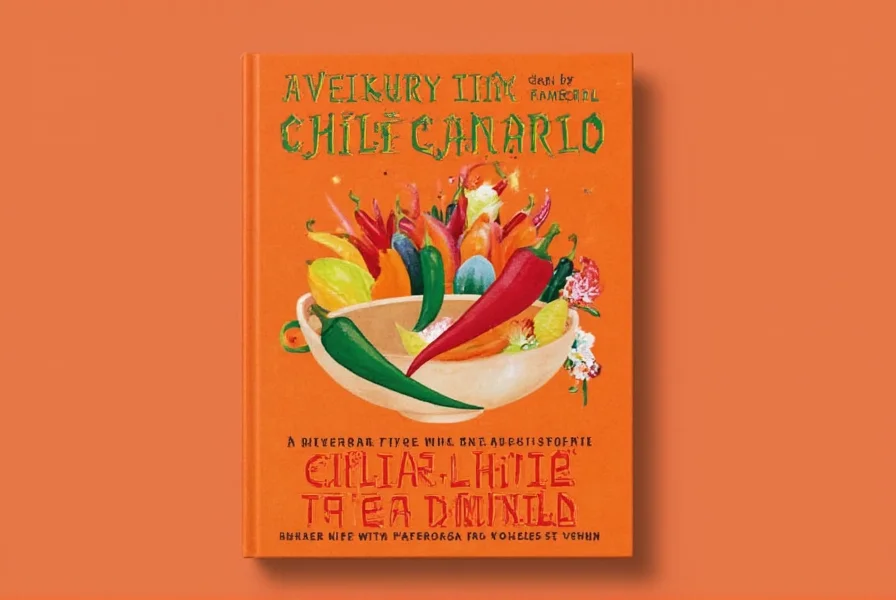
Chile canario is incredibly versatile in the kitchen. It can be used fresh, dried, or roasted, making it a valuable addition to your spice rack. Here are some popular ways to use it:
- Roasted: Adds a deep, smoky flavor to stews, soups, and sauces.
- Dried: Used in spice blends and ground into powder for seasoning meats and vegetables.
- Fresh: Perfect in salsas, salads, and marinades for a burst of flavor.
Pairing chile canario with other ingredients can elevate your dishes. Try combining it with:
- Garlic and olive oil for a simple yet flavorful base.
- Tomatoes and onions for a classic Spanish-inspired salsa.
- Cumin and paprika for a smoky, savory twist.
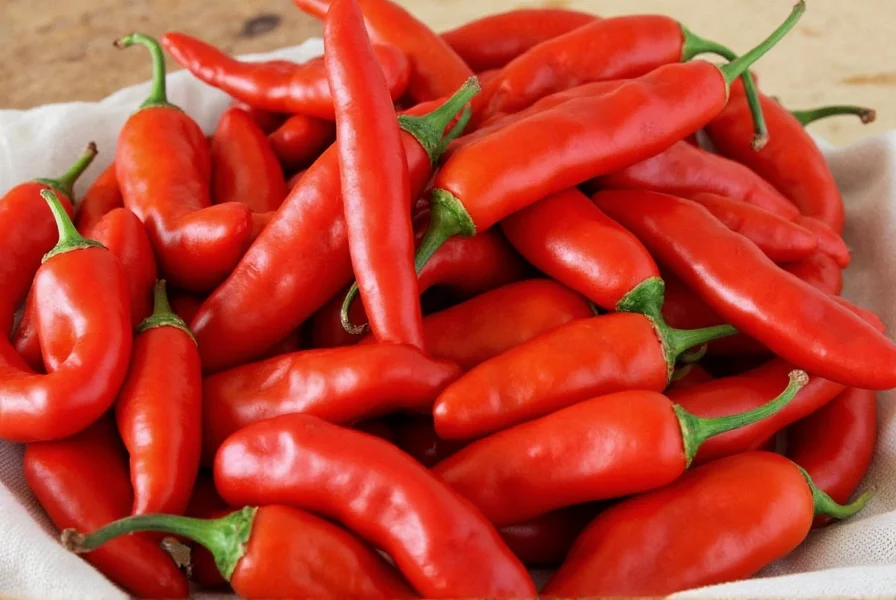
| Product Name | Features | Advantages | Use Cases | Target Audience | Suitable Occasions |
|---|---|---|---|---|---|
| Canary Island Chile | Natural, sun-dried | Highly aromatic, rich in flavor | Seasoning, roasting, grinding | Chefs, home cooks | Kitchen experiments, holiday meals |
| Chile Canario Powder | Fine grind, ready to use | Convenient, easy to add to recipes | Marinating, baking, spice blends | Busy professionals, bakers | Quick meals, snack seasonings |
| Chile Canario Fresh | Locally sourced, organic | Crunchy texture, natural flavor | Salsa, salads, dips | Foodies, health enthusiasts | Picnics, social gatherings |
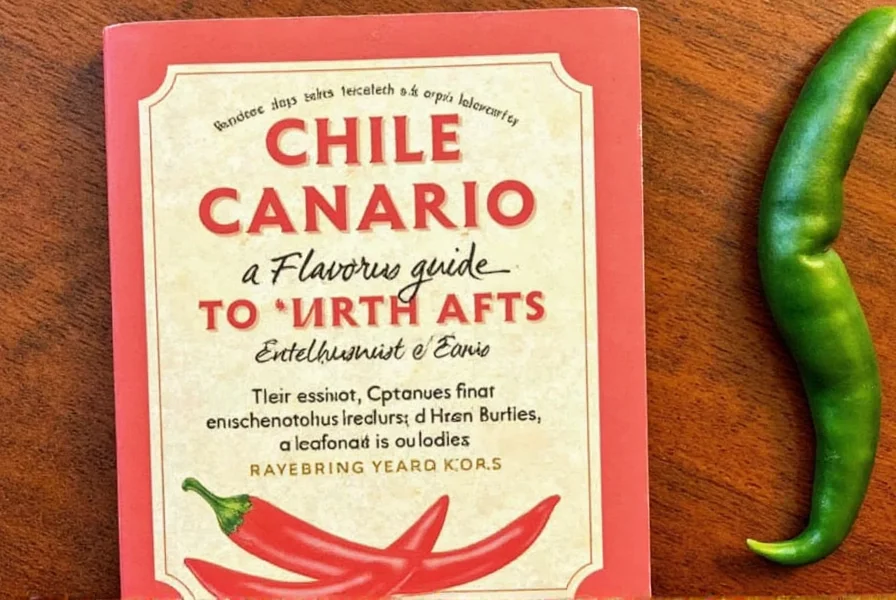
Whether you're a seasoned chef or a spice lover, these tips will help you make the most of chile canario in your cooking:
- Start Small: Chile canario can be quite potent, so start with a small amount and adjust to taste.
- Roast for Depth: Roasting enhances the flavor and adds a smoky dimension to your dishes.
- Combine with Creamy Ingredients: Pair it with yogurt, sour cream, or avocado to balance the heat.
- Experiment with Blends: Mix it with other spices like cumin, garlic, or chili powder for unique flavor profiles.
- Store Properly: Keep dried chile canario in an airtight container away from moisture and light.

- What is chile canario?
Chile canario is a unique pepper native to the Canary Islands, known for its vibrant color, sweet-spicy flavor profile, and moderate heat level (500-1,000 Scoville units). It's an important cultural symbol in Canary Island cuisine and has been used in traditional dishes for generations. - How hot is chile canario compared to other peppers?
Chile canario has a mild to moderate heat level of 500-1,000 Scoville Heat Units (SHU), making it significantly milder than jalapeños (2,500-8,000 SHU) and much milder than habaneros (100,000-350,000 SHU). Its heat is balanced with sweet and smoky flavor notes, so it provides warmth without overwhelming spiciness. - What does chile canario taste like?
Chile canario offers a complex flavor profile that's both sweet and spicy with a hint of smokiness. It has fruitiness reminiscent of red bell peppers but with an added kick that lingers on the palate. The green variety tends to be milder and more acidic, while the red variety is sweeter and more intensely flavored. - How can I use chile canario in cooking?
Chile canario is incredibly versatile. You can use it fresh in salsas and salads, roast it for stews and soups, or dry and grind it into powder for spice blends. It pairs well with garlic, olive oil, tomatoes, onions, cumin, and paprika. For best results, start with small amounts and adjust to taste, as the heat can build. - Where can I buy chile canario?
You can find chile canario at specialty spice shops, gourmet markets, or online retailers. Look for reputable suppliers who offer high-quality, fresh products. It comes in fresh, dried, and powder forms. When buying dried chile canario, ensure it's stored properly in airtight containers to maintain its potency and flavor. - How should I store chile canario?
Fresh chile canario can be stored in the refrigerator for 1-2 weeks. Dried chile canario should be kept in an airtight container away from moisture, light, and heat to preserve its flavor and potency for up to a year. For longer storage, you can freeze dried chile canario. - Can I substitute chile canario with other peppers?
Yes, if you can't find chile canario, you can substitute with a combination of red bell pepper and a small amount of cayenne pepper to replicate its sweet-spicy profile. Poblano peppers or Anaheim peppers are also reasonable substitutes, though they lack the distinctive smokiness of chile canario. - Is chile canario the same as Canary Island pepper?
Yes, chile canario is also known as Canary Island pepper. It's native to the Canary Islands, which explains both names. It's sometimes mistakenly called 'Canary pepper' which can cause confusion with the yellow bell pepper variety also called 'Canary pepper' in some regions.
Chile canario is more than just a spicy pepper—it's a gateway to new flavors and culinary experiences. From its sweet and smoky taste to its versatility in cooking, this pepper has something to offer everyone. Whether you're a professional chef or a passionate home cook, incorporating chile canario into your recipes can bring a new level of depth and excitement to your dishes.
So next time you're looking to spice up your meal, reach for chile canario and let its vibrant flavor take center stage. With the right approach and a little experimentation, you'll discover why this pepper has stood the test of time in the kitchens of the Canary Islands and beyond.
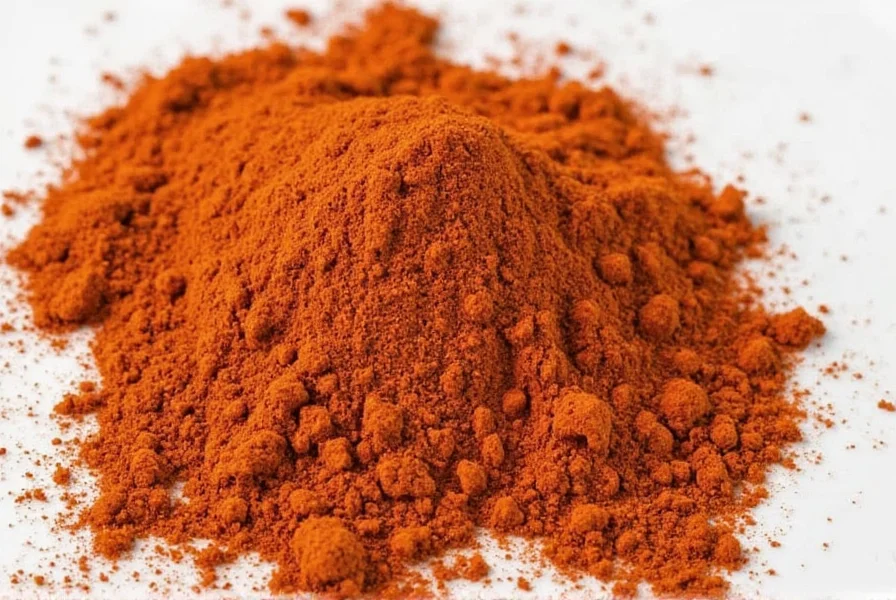
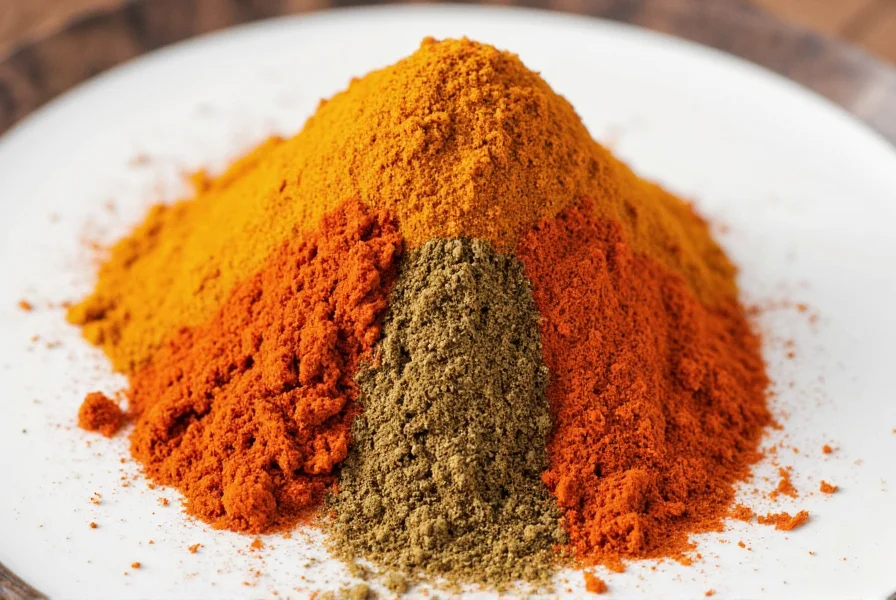

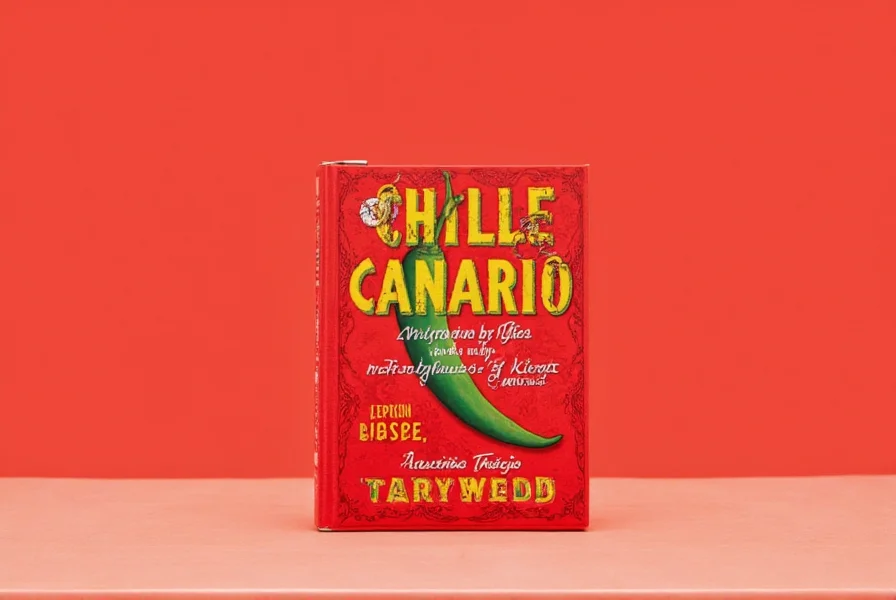









 浙公网安备
33010002000092号
浙公网安备
33010002000092号 浙B2-20120091-4
浙B2-20120091-4